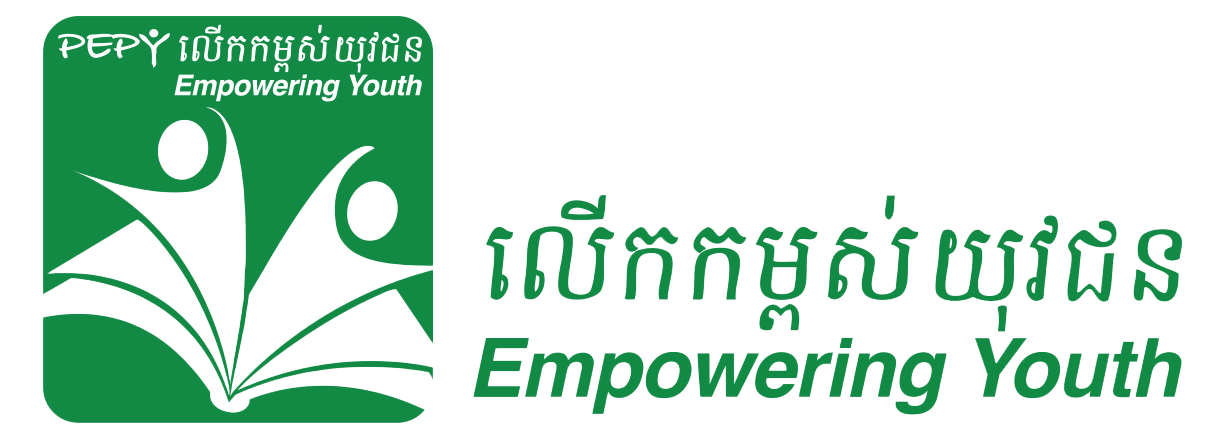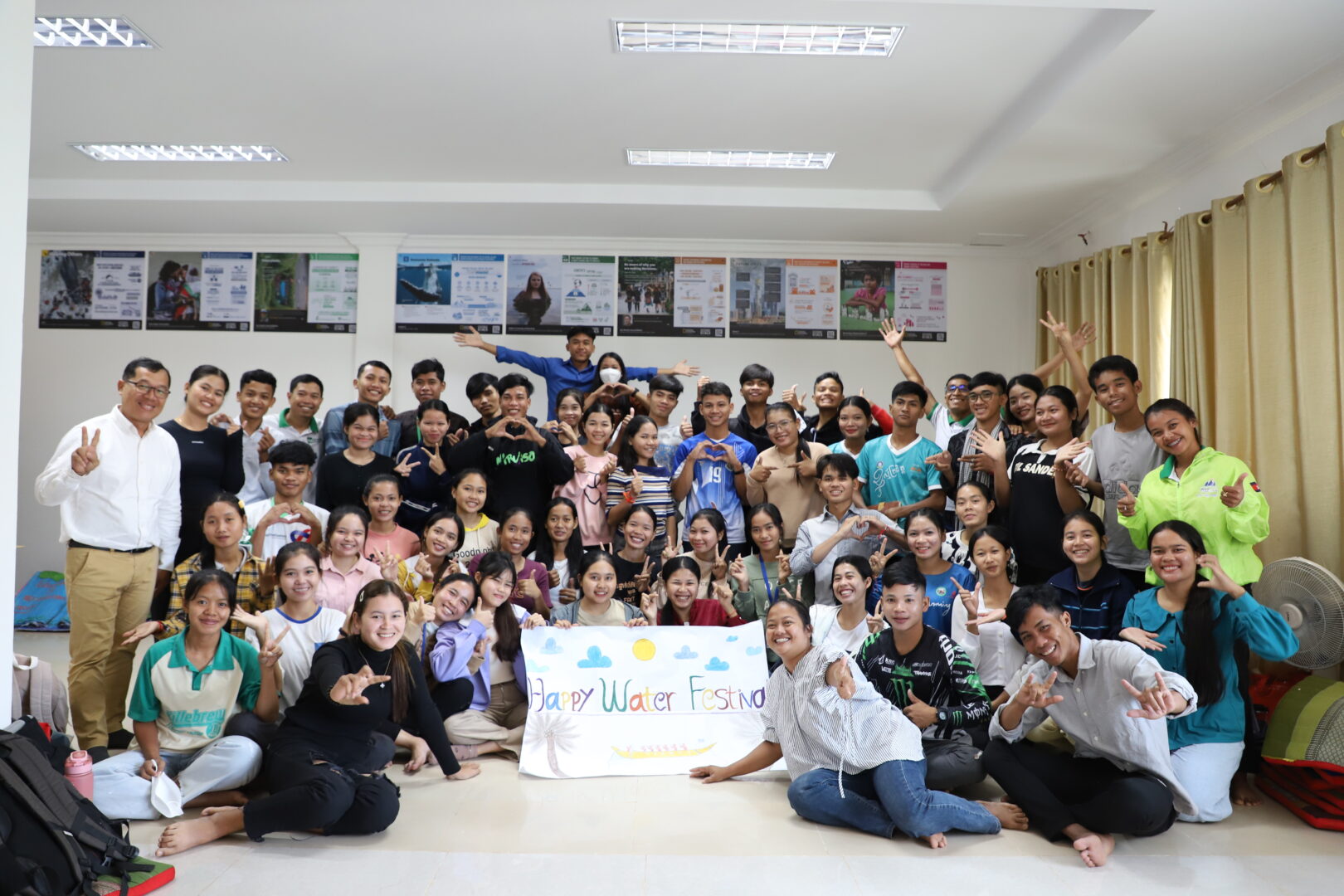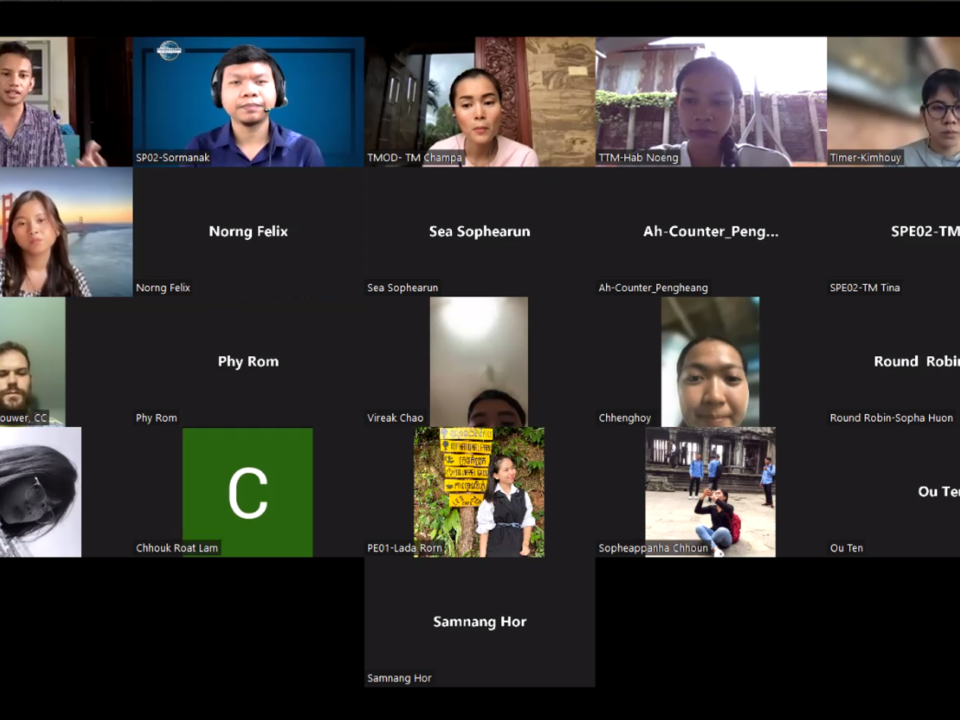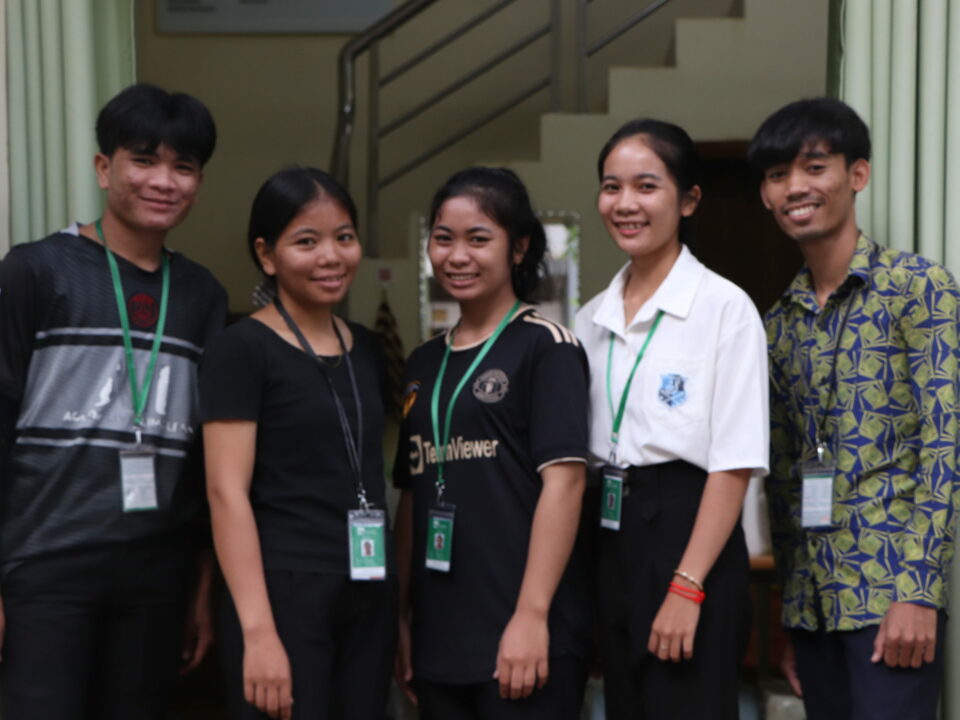PEPY on the Impact of NGOs and Voluntourism
October 28, 2009PEPY News in the U.A.E.
November 11, 2009A Skeptical Look at Voluntourism
The South China Morning Post recently featured the article below about voluntourism. It includes quotes from us at PEPY Tours, as well as some other friends of ours working voluntourism and development. We think it’s worth a read so we copied it here for you all below.
Take the Higher Road: Combining volunteer work with travel can be enriching but there are caveats
Nick Walton
Oct 30, 2009
Earlier this year, would-be teacher Candy Soo Suan Chiew spent a week of her holiday in Brazil tutoring slum children in English. Keen to get more out of her trip by doing volunteer work, she surfed the internet and found the Two Brothers Foundation, a non-profit group running educational programmes in Rocinha, the largest favela in Rio de Janeiro.
The 26-year-old signed up for a week, to lend a hand with scheduled activities including dance and English classes and to help to organise the foundation’s library of donated books.
“This experience was more rewarding because I interacted with local children and it allowed me to see what life in Rocinha is like,” Soo says.
An increasing number of travellers are combining their holiday plans with volunteer work. In response, travel agencies, hotels and non-profit groups now offer a range of “voluntourism” options.
However, the boom has also stirred considerable debate among travellers and within the NGO community.
VolTra is among the most recent entrants in the field. Set up by eight Hongkongers in June, it gives travellers on a tight schedule a chance to join short work camps that help communities abroad in areas such as environmental protection and agriculture. Applicants have access to more than 3,000 such camps through VolTra’s partnership with the Network for Voluntary Development in Asia (NVDA), an alliance of 22 NGOs.
Ten people have been accepted; each will pay a HK$1,750 fee in addition to their airfares and insurance. About 70 percent of the fee goes to NVDA to fund the work camps, while the remainder is used to support VolTra, including its efforts to organise similar camps in Hong Kong.
“Work camps are an inspiring experience worth sharing,” says VolTra chairman Bird Tang Wai-wing. “My time [volunteering in Mongolia] had a huge impact on me and widened my horizons.”
Lynsey Devon, of voluntourism operator Imaginative Traveller, says volunteering used to be reserved for people with plenty of time, but now “there is increased opportunity for clients to book shorter breaks, sandwiching a volunteer programme with a holiday”.
“The tours are easy for people to get involved with as there are no specific skills involved and, of course, there is a feel-good factor involved,” says Devon, citing examples such as feeding and playing with pandas at a conservation centre on the mainland, and caring for rescued leopards, lions and cheetahs at a Namibian game reserve.
Hotels are also getting in on the act. The Ritz-Carlton group, for instance, began organising Give Back Getaways as guests increasingly inquired about opportunities to volunteer.
Sue Stephenson, vice-president of group’s Community Footprints initiative, cites successful pilot schemes rescuing sea turtle eggs in Cancun, and in post-hurricane construction in New Orleans. This kind of involvement undoubtedly adds depth to guests’ visits, she says.
Travellers may benefit from the volunteer experience, but what about the communities they’re meant to be helping?
David Clemmons, founder of Voluntourism.org, a website covering the fast-growing travel sector, reckons the responsibility rests with host NGOs to ensure both local communities and visitors gain from the process. The benefits of voluntourism are in direct proportion to how well the group co-ordinates with locals, he says.
Saundra Schimmelpfennig, a former director of the Thailand-based Disaster Tracking Recovery Assistance Centre which monitored the work of more than 200 aid groups in the country after the 2004 tsunami, urges caution when signing up for such schemes.
“There are a lot of groups that develop voluntourism projects not because there is a real need for the aid they are providing or because it’s the best way to meet the actual need, but because they are attractive to donors,” says Schimmelpfennig, who writes a blog on the impact of aid called Good Intentions Are Not Enough.
“Many people promote voluntourism as a way of learning about the world, but there are other ways to do that.”
Eco-tourism and language-immersion schemes, for instance, allow locals to earn a living as guides and teachers rather than accept foreign largesse, she says.
Although Daniela Papi runs a voluntourism organisation in Cambodia called PEPY (Protect the Earth, Protect Yourself), she says hosting a volunteer, skilled or not, can take time away from an organisation’s core mission.
Learning from its mistakes, PEPY, an educational NGO funded partly through adventure and volunteer tours, makes it clear that guests are paying a fee for a facilitated visit and donating money to ensure that the projects they see are maintained by local people.
Papi says the impact a tourist volunteer makes depends on how the programme is designed and whether visitors can be integrated into ongoing work without disrupting the long-term goals of a project.
The problem is the goal of making money often overtakes that of responsibly supporting development and operators start selling tours without a thought for the latter, she says.
Cambodia is awash with organisations where visitors can “volunteer” with or without payment, Papi says, and some take away much more than they give.
Cate Downman, an English-language teacher based in Seoul, regularly volunteers with small non-fee charging groups that need help or donations.
In Siem Reap, she helped an orphanage called the Cambodian Poor Children’s Support Organisation, which houses 25 children aged between 3 and 16 and relies on donations from volunteers. “I taught the children basic English and have since been donating funds and helping out via the Web.”
But some volunteers offer only time and skills and nothing else, leaving the organisation obligated to house and feed them, taking money and resources away from charitable uses, Downman says.
Even when volunteers are donating funds or materials, Papi takes issue with orphanages that encourage visitors to “teach English” for a few weeks or months. This exposes children to a disruptive succession of strangers, sometimes unskilled and unsupervised, she says.
These orphanages wind up investing more time with visitors who bring in money instead of seeking other funding streams to employ a local teacher who can give the children the required continuity in the classroom, Papi says.
Schimmelpfennig is particularly disturbed by what she sees as a trend of “hug-an-orphan” vacations.
“Although foreign volunteers may feel that spending their time playing and interacting with orphans is a great way to give back, in the long run it may do more harm than good.”
The children need a stable home and a continuous relationship with their caregivers, and an orphanage that regularly allows strangers to interact with children is doing the opposite, she says. “While some volunteers may continue to correspond with the orphanage after they leave, few are willing or able to maintain a stable emotional bond with the children.”
Despite such skepticism, VolTra marketing director Helen Kwok defends its short trips, which average 14 days, as meaningful contributions. “Work-campers contribute to the community so as to gain friendship, inspiration and an extraordinary experience. A programme’s length does not necessarily affect its quality.”
Dave Aabo, founder of Waves for Development, a group that encourages visitors who come to Lobitos in northern Peru for surfing to help teach English, business skills and environmental awareness, agrees. “The Waves educational surf programmes are ongoing. This means before volunteers arrive and after they leave, the local youth are still benefiting.
“The cultural exchange, diverse background and specific skills offered by each volunteer are unique and beneficial when appropriately leveraged,” Aabo says.
Schimmelpfennig suggests that it’s generally better if volunteers are tapped when they have skills to fulfil a need the local people can’t meet, and even then the scheme should aim to build the capacity of the community to do things for themselves.
For instance, if a charity wants to increase local knowledge of environmental principles, it would be more sustainable if locals were trained and then paid to teach it themselves rather than bring in a stream of volunteers, she says.
No system is perfect, but Papi urges consumers and voluntourism operators to educate themselves about effective development practices, and to start asking questions and demanding responsible volunteer opportunities.
Voluntourism checklist
Daniela Papi, co-founder of PEPY, an educational NGO based in Cambodia, suggests some questions travellers should ask before signing up for a voluntourism scheme:
- Is the travel company transparent about how much of your tour fee is going to the programmes you are supporting? Is their marketing consistent with the itinerary offered? A tour company can be responsible even if none of the funding goes to support projects, as long as they make it clear from the start and the programme is designed responsibly.
- How does the travel company choose the programmes it supports? How is your time and any additional support offered by the company allocated and what monitoring do they do on the impact of these programmes? How is the local community or NGO partner involved in the planning?
- Is the programme designed to help empower people to be able to improve their own lives, or is it just a band-aid for a larger problem? Is community ownership built into the project plan?
- Beyond volunteer interaction and donations, how does the voluntourism operator choose its hotel or travel partners and how do they work together to support the local economy and improve the overall impact of their tours?



